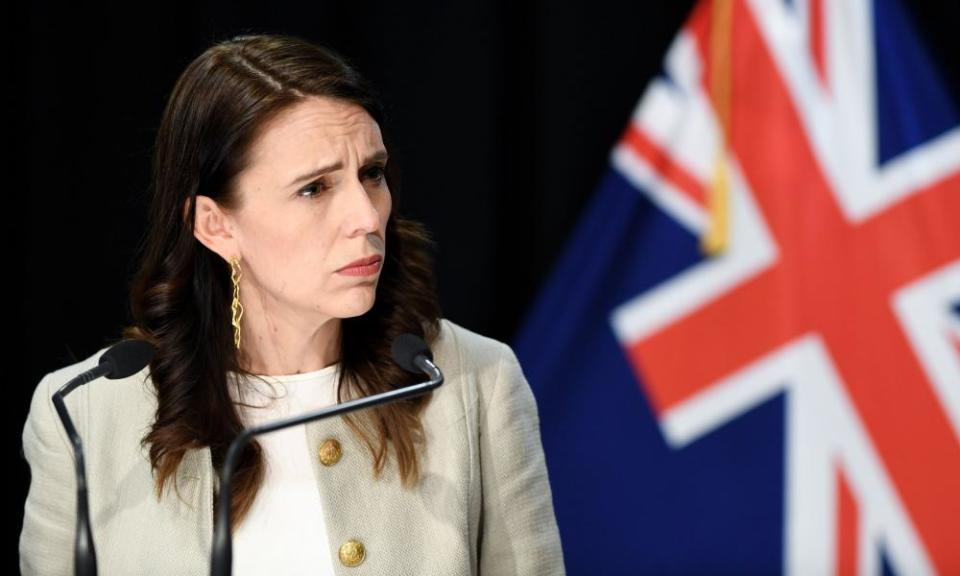Female-led countries handled coronavirus better, study suggests

Countries led by women had “systematically and significantly better” Covid-19 outcomes, research appears to show, locking down earlier and suffering half as many deaths on average as those led by men.
The relative early success of leaders such as Germany’s Angela Merkel, New Zealand’s Jacinda Ardern, Denmark’s Mette Frederiksen, Taiwan’s Tsai Ing-wen and Finland’s Sanna Marin has so far attracted many headlines but little academic attention.
The analysis of 194 countries, published by the Centre for Economic Policy Research and the World Economic Forum, suggests the difference is real and “may be explained by the proactive and coordinated policy responses” adopted by female leaders.
Even after clear and frequently cited outliers such as New Zealand and Germany – and the US for male leaders – were removed from the statistics, the study found, the case for the relative success of female leaders was only strengthened.
“Our results clearly indicate that women leaders reacted more quickly and decisively in the face of potential fatalities,” said Supriya Garikipati, a developmental economist at Liverpool University, co-author with Reading University’s Uma Kambhampati.
“In almost all cases, they locked down earlier than male leaders in similar circumstances. While this may have longer-term economic implications, it has certainly helped these countries to save lives, as evidenced by the significantly lower number of deaths in these countries.”
default
The two researchers said they analysed differing policy responses and subsequent total Covid-19 cases and deaths until 19 May, introducing a number of variables to help analyse the raw data and draw reliable comparisons between countries.
Among the datasets considered were GDP, total population, population density and proportion of elderly residents, as well as annual health spending per head, openness to international travel and level of gender equality in society in general.
Since only 19 of the nearly 200 countries were led by women, the authors also created so-called “nearest neighbour” countries to offset the small sample size, pairing Germany, New Zealand and Bangladesh with male-led Britain, Ireland and Pakistan.
“This analysis clearly confirms that when women-led countries are compared to countries similar to them along a range of characteristics, they have performed better, experiencing fewer cases as well as fewer deaths,” Garikipati said.
She added that while female leaders “were risk averse with regard to lives”, locking their countries down significantly earlier than male leaders, that also suggested they were “more willing to take risks in the domain of the economy”.
When compared according to the “openness to travel” criterion, female-led countries did not experience significantly lower Covid cases but did report lower deaths, the researchers found, concluding that this may suggest “better policies and compliance”.
Garikipati said the evidence of a “significant and systematic difference” showed that even accounting for institutional context and other controls, “being female-led has provided countries with an advantage in the current crisis”.
The researchers said they hoped the study would “serve as a starting point to illuminate the discussion on the influence of national leaders in explaining the differences in country Covid-outcomes”.

 Yahoo News
Yahoo News 